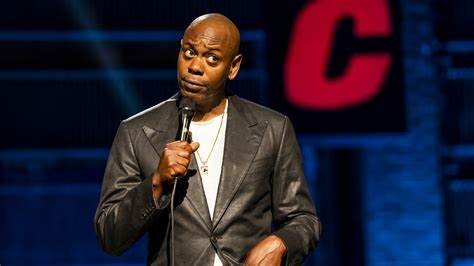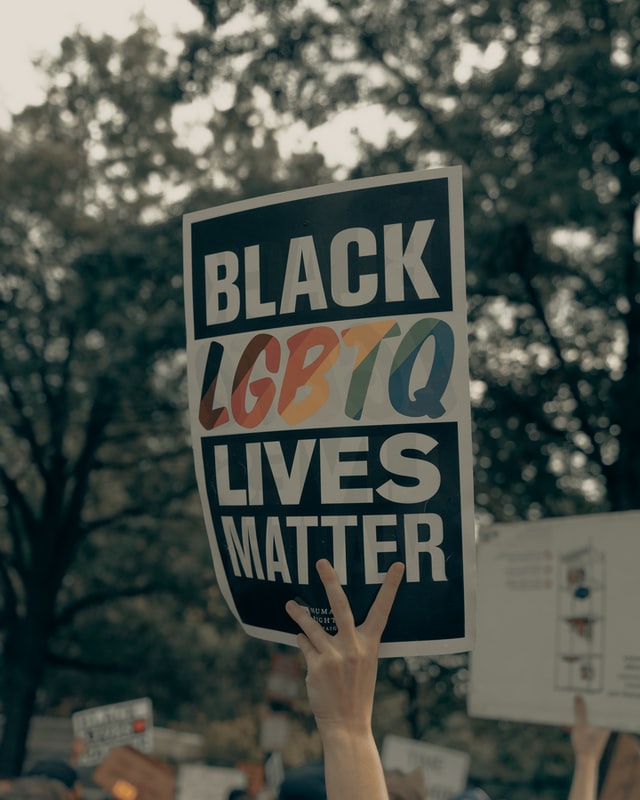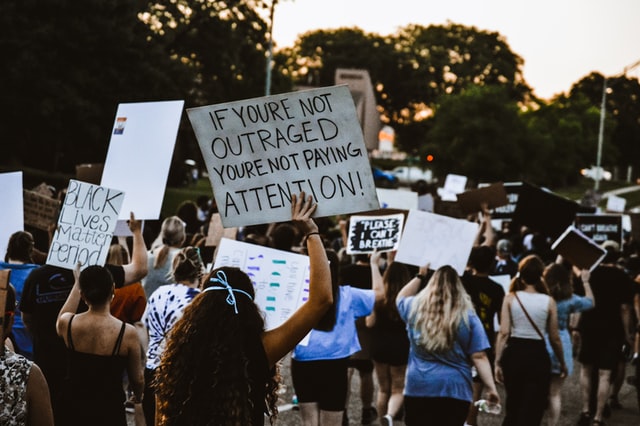The Problem With Demonizing Cancel Culture
In October of 2021, Dave Chappelle’s The Closer aired on Netflix. A segment of the special, particularly rife with transphobia, was outwardly opposed by hordes of political activists. This opposition was met with swift and forceful pushback from primarily far-right and anti-LGBTQ+ groups who claimed this clear invalidation of trans-identities were mere jokes at best, ‘pushing the envelope’ at worst. That’s what comedians do, right?
Image Credit: Netflix Instagram
Public figures like Chappelle or even Donald Trump and J.K Rowling, that have amassed great cultural influence, weaponize universal free speech against marginalized groups in our communities, feigning victimhood instead of accountability. Bigotry is crafted so masterfully into an art form, with any resistance against this systemic hate flipped on its head and seen as the hate itself- the threat that society must work together to quell. The spotlight is subverted while those within the LGBTQ+ or Black communities, for example, continue to lose in the cultural playing field.
The 21st century has marked a definitive shift in dialogue surrounding social justice. How we communicate with and about marginalized identities within our communities has undergone a cultural reevaluation. This shift seeks to rectify how power has been misused in social circles- vilifying and harming those who do not have it. Political correctness, originally well-intended, has become bastardized as a societal norm.
The advent of cancel culture has seen political correctness as a bellwether for our current socio-political world- demanding the revision and retraction of historically marginalizing ideas that have permeated our institutions of power. More importantly, its onset has called for accountability.
Image Credit: Unsplash
But like any social justice movement, the politics around it quickly and quietly changed. Those with power operating in these systems of oppression have since perverted the dialogue around ‘canceling without much effort due to our society’s rightful valorization of free speech. When you challenge centuries of prevailing status quo through shifting social mores, power rears its ugly head. Cancel culture is no exception.
Unfortunately, in a year where anti-trans violence reached record highs- and in 33 states in the U.S., over 130 anti-transgender bills came into effect- the problem is complex and rooted in years of systemic bias. There is a lack of accountability when it comes to systems of power and those who represent the upper echelons of class, race, gender, and sexuality.
Enter: insular social cells, where moderation of dialogue is minimal to none. Where a combination of free speech and hate speech birth a ‘freedom of hate speech’. These echo chambers within our social networks are breeding grounds for compounded ideas on trans, black, disabled and more communities that exist at the margin. Like a game of telephone gone awry, consumers of this baseless rhetoric are perfectly positioned to aggravate an already volatile state of social discourse around the marginalized.
Supporters of public figures who earn their living- be it through comedy or otherwise- on the backs of the ‘alphabet community’ (a pejorative towards the LGBTQ community), can satiate their appetite for the outright bigotry which progressive social consciousness and dialogue does not afford them. And how? Simply because of how tight-knit and filled with like-minded individuals these forums are. Sound doesn’t travel in empty space, but it does echo when it is reflected back. And that is how seemingly mild ideas crescendo into full-scale violence against trans communities today.
The bigoted techniques of figures like Chappelle are all too clear- more so for the marginalized identities who encounter them time and time again. It is the all-too-familiar “I have a trans/black/disabled/etc. friend” or the “I have donated to organizations and movements” claims that are systematic evasions of accountability when used in response to the backlash. These are bad-faith virtue-signaling techniques used as a facade or a ‘get out of jail free card’ when the political backlash presents itself as a consequence of such rhetoric.
This narrative blindfolds those who listen to the laden language used to oppress. An assertion of blamelessness that equates friendship and once-off philanthropy with the dismantling of systems that harm the people who don’t have the power. In short, this is a silencing technique that provides a safety net for the bigoted. And shocking as it may seem, in 2022, it remains a plausible excuse for being outright politically correct. And what oppressive communities fail to understand is that in 2022, bigotry is not limited to overt expressions of violence but takes shape, more often than not, as pseudo-benevolence, either by way of micro-aggression or posed allyship.
But figures like Trump and Rowling and the communities they represent frankly do not care about political correctness and the consequences of 'cancel culture'. Invoking plausible deniability and drumming up the big-bad that is ‘canceling’ comes from what Toni Morrison calls “being in the center and being used to being in the center”. Those who have been at the center cannot fathom tolerating the political demands of those at the margins.
Image Credit: Unsplash
The irony of rallying against cancel culture is that it is often those who are not affected or, moreover, benefit from the publicity of ‘outrage’ who claim victimhood. Those in the spotlight gain more traction than ever, bankrolling more figures than their A-list counterparts- certainly more than economically marginalized groups will see in a lifetime. And all this while claiming their careers have been torpedoed by cancel culture and the hordes of social justice seekers.
So why the dishonesty? Because it’s easy. Not only is it easy- it serves the narrative that power systems of the elite are under attack by marginalized people. It fools bigoted populations into believing that the burgeoning cultural ‘finesse’ that some marginalized people may have, is true economic and political power. Though cultural power is a strong commodity in our society, it cannot be synonymous with the benefits that certain communities gain from systemic economic and political hegemony.
Cancel culture isn’t a particularly novel phenomenon. Since the dawn of history, people have punished those who cross social mores. The interesting thing, however, is that back then those social mores explicitly disenfranchised Black people, people of color, LGBTQ+ communities, etc. in efforts to reaffirm a white supremacist status quo.
The different between then and now is that today’s ‘cancel culture’ aims to lean on accountability and our tendency to reject and divest from it. It is not that people have a problem with cancel culture; the problem lies in accountability and the obligation to remedy the ills of the systems of power that people hold so near and dear to their hearts. When it comes to dialogue and free speech, cancel culture is an easy scapegoat.










